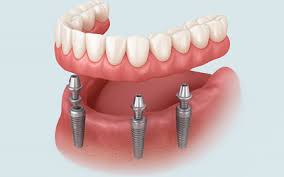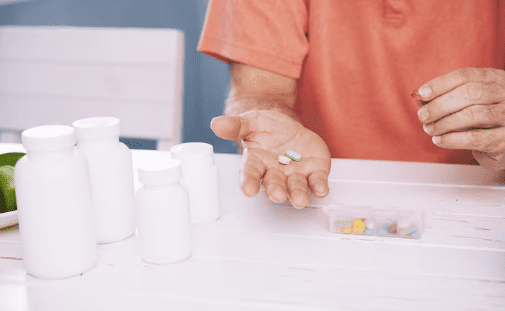Obesity has become one of the most serious public health challenges of the 21st century. Rates continue to climb across the globe, and with them, the risks of heart disease, type 2 diabetes, joint pain, and even some cancers. In response, two major strategies dominate the conversation: medical obesity treatments and physical activity. But which is more important? Which one truly makes a difference?
The truth is complex — and it’s time we stop oversimplifying it.
Why “Just Exercise” Isn’t Always Enough
For decades, the common advice was to “eat less and move more.” While movement is undeniably healthy, it’s become clear that for many people, especially those with obesity, exercise alone isn’t enough. Telling someone with 50 or 100 extra pounds to go for a jog ignores the biological, emotional, and metabolic factors at play.
Obesity is a medical condition — not a personal failure. People who live with it often face hormonal imbalances, insulin resistance, chronic inflammation, and even genetic predispositions. These factors can make it incredibly difficult to lose weight with diet and exercise alone, no matter how disciplined a person is.
Medical Treatments Have Changed the Game
This is where modern medicine offers new hope. FDA-approved medications like Semaglutide (Ozempic®, Wegovy®) and Tirzepatide (Mounjaro®, Zepbound™) are changing lives. These medications belong to a class of drugs known as GLP-1 receptor agonists, which help control hunger, manage blood sugar, and regulate insulin — addressing obesity at the hormonal level.
For people who qualify, bariatric surgery such as gastric sleeve or bypass can offer dramatic and long-lasting results. It’s not a shortcut — it’s a medical intervention that helps reduce the size of the stomach, regulate appetite hormones, and reset the body’s response to food.
Other therapies like hormone replacement therapy, peptide injections, and NAD+ treatments help support metabolism, improve energy, and correct imbalances that make weight loss nearly impossible through lifestyle alone.
The Role of Sports and Physical Activity
That said, movement is still a critical part of the equation. Sports and physical activity support cardiovascular health, boost mood, improve sleep, and help preserve lean muscle mass during weight loss. Exercise at Khrom MedSpa and Weight Loss can also help manage stress — a key trigger for emotional eating and weight gain.
In addition, sports offer something that pills and surgeries can’t: joy, motivation, and long-term sustainability. Whether it’s cycling, swimming, dancing, or team sports, physical activity can become part of a person’s identity and lifestyle. That’s powerful.
But again — not everyone is physically ready to jump into high-impact activities. Obesity can cause joint pain, limited mobility, and self-consciousness that make sports feel intimidating or even unsafe. This is where medical treatment helps clear the path, allowing movement to become possible and enjoyable again.
What Matters Most: The Right Combination
So, which is more important — treatment or sports?
The honest answer is: it depends on the person.
- For someone who has tried exercising for years with little to no results, medication may finally unlock weight loss.
- For another who’s medically stable but struggling with motivation, joining a local soccer team or starting a walking group might be the turning point.
- And for many, the combination of medical support plus physical activity creates the strongest, healthiest foundation for success.
Obesity treatment isn’t one-size-fits-all. What works for one person may not work for another. That’s why the most effective programs combine science, medicine, lifestyle changes, mental health support, and, yes, movement.
We need to stop pitting exercise and medical treatment against each other. One is not a replacement for the other — they work best together.
Treating obesity requires compassion, personalized care, and long-term support. Whether someone starts with a prescription, surgery, or a pair of sneakers, what matters most is the decision to take control of their health.
Let’s stop shaming people for the methods they choose and start supporting them on the journey — wherever it begins.












Leave a Reply